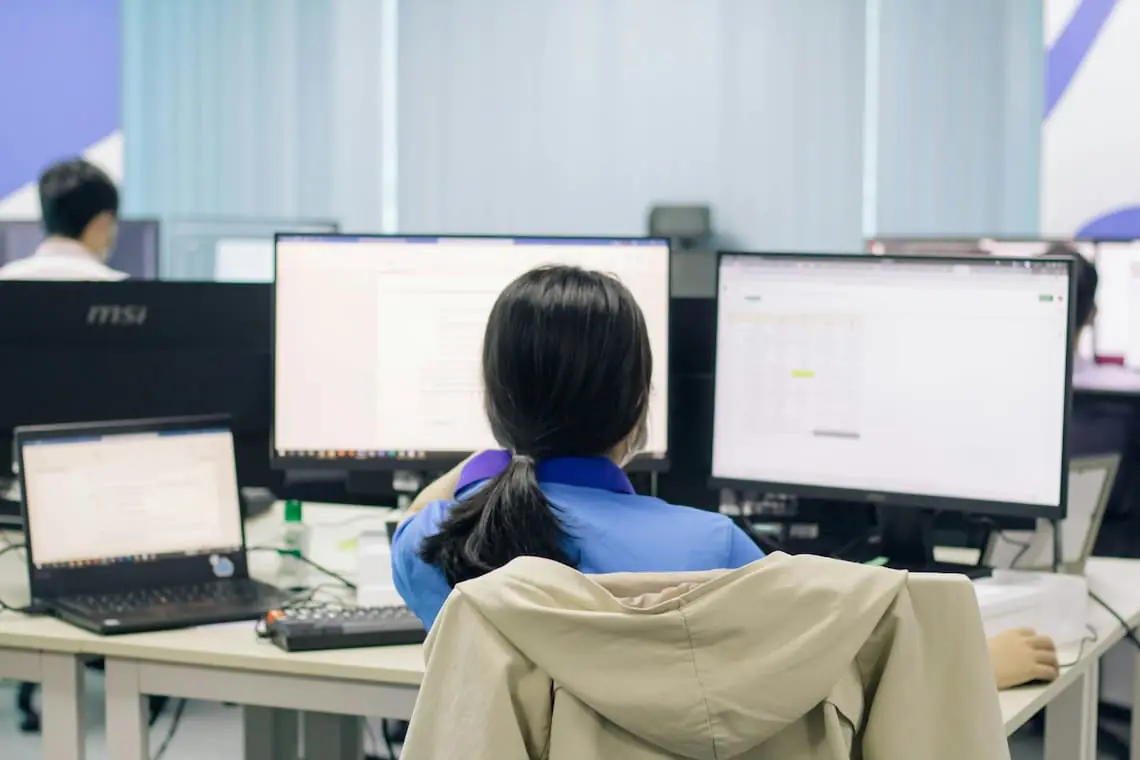Australian firm faces backlash over remote work surveillance

Safetrac, a leading compliance training company in Australia, has come under scrutiny for allegedly turning employee laptops into covert recording devices while staff were working from home, as reported by The Australian Financial Review.
The surveillance, conducted over a two-month period starting mid-April 2025, used company-issued laptops with Teramind, a US-based employee-monitoring software.
The software captured both desktop screens and audio from microphones by default, recording Teams meetings and surrounding sounds. Only select employees were monitored, and staff were not notified on specific days when surveillance occurred.
Safetrac said the monitoring was intended to address underperformance. Employees were only made aware of the surveillance policy through a brief four-sentence policy, which employees acknowledged when they signed their contracts, that audio could be recorded during work.
Investigations are underway for potential breaches of state surveillance laws after CEO Deborah Coram admitted in legal documents that the recordings had taken place.
Impact of Surveillance on Employees
Employees expressed concerns that recordings may have captured sensitive conversations with clients, family members, or personal calls. Anxiety and depression were also reported among staff upon learning of the surveillance.
One employee received weekly workers’ compensation payments from Victoria’s WorkCover, which recognized the mental health impact. Some employees reacted by placing laptops in closets or using phones outside, while one employee’s children whispered to avoid being recorded.
Victoria’s WorkCover manages workers’ compensation and workplace injury claims in Victoria. It provides support for injured workers, including mental health impacts, helps employers with insurance and compliance, and oversees rehabilitation, return-to-work, and dispute resolution.
Employee Consent and Policy Framework
Safetrac maintained that employees consented to surveillance by signing their contracts and acknowledging the company’s brief surveillance policy.
Initially, this policy consisted of four sentences and stated that audio could be recorded during employment.
By April 2025, the policy was updated to specify that computer and phone use “will be subject to continuous monitoring through hardware and software” and that Safetrac “may use, install and maintain surveillance devices that may capture images and sound of employees.”
Several employees, however, reported that they did not agree to laptops’ microphones being activated for up to 10 hours per day.
Legal and Regulatory Responses
Victorian police are investigating potential breaches of state surveillance laws, following a report filed on July 23, 2025, regarding “possible misuse of surveillance” and whether “any criminal offences have occurred.”
Two employees who discovered the surveillance were locked out of company systems and later terminated.
They have filed unlawful dismissal claims and complaints with work health and safety authorities and the Office of the Australian Information Commissioner.
Safetrac defended one termination as related to underperformance and the other due to a text message considered a reputational risk.
Company Justifications for Monitoring
CEO Deborah Coram had raised concerns about her remote workforce’s productivity from late 2024.
The company later defended its actions in a termination letter, citing a “legitimate business purpose” in collecting information for performance management.
Data showing employees idle for part of the day and captured work conversations were used to assess productivity.
Notification Ambiguity
Safetrac claimed staff were informed at a town hall on February 6, 2025, that “additional employee computer monitoring and surveillance” would be introduced.
Managers present at an April meeting discussing monitoring for underperformance did not recall mentions of Teramind or audio recording, assuming the monitoring referred to keyboard or browser activity.
Most employees were unaware of Teramind’s installation in mid-April.
By the end of June, Coram revised the surveillance policy to explicitly name Teramind, outline its functions, detail what was monitored, and limit surveillance to 9 a.m. to 5 p.m.
Related Content:
Fog ransomware attack on Asian org used Syteca tracking tool
Australian companies flagged for excessive employee tracking
Hackers abuse Kickidler time tracker in ransomware attacks



